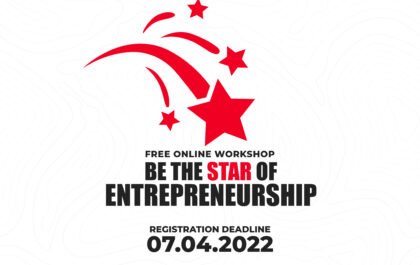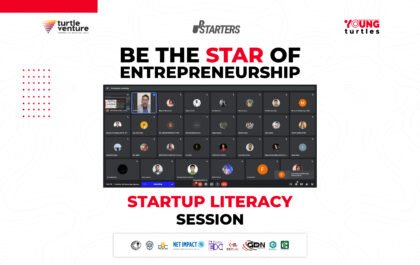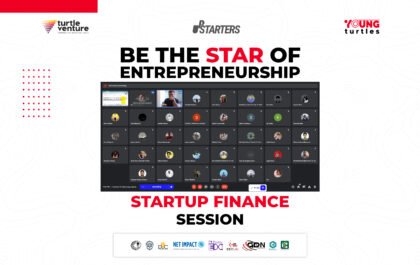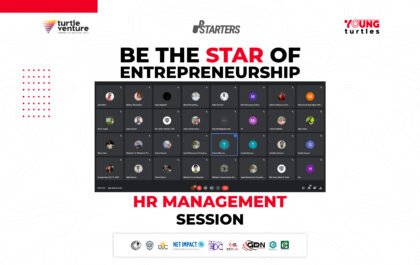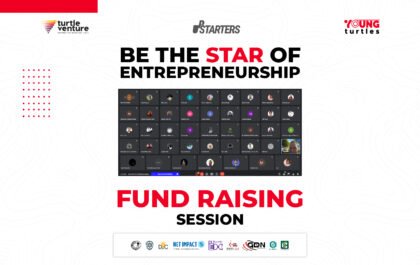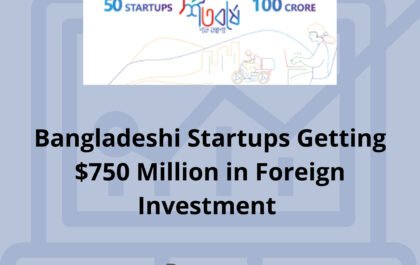Suppose, you have a plan of starting a project or business or your initial existing business is moving forward to make your hundreds of dreams come true. In that time, what if you get something that will show you a great way to grow your business?
Yes, this is the concept of accelerator and incubator in business, which will take you a few steps further on the path of your dreams. Much exciting, right?
Accelerators and incubators assist entrepreneurs in their journey to becoming successful companies down the road. But there are significant differences. So, this a place where we will give the concept about accelerator and incubator, which to choose, why to choose and how to get involved.
Accelerator – accelerate the growth of an existing company
Accelerator programs usually have a specific time frame in which individual companies spend weeks to months working with consultants to build their business and avoid problems along the way.
Y Combinator, Techstars, and Brandery are the most well-known. Accelerators start with an application process but top programs are usually very selective. Y Combinator accepts about 2% of the applications it receives.
Textars has to fill 10 spots out of about 10,000 applications. At the end of an accelerator program, you will see all the startups from a specific cohort pitch on any exhibition day (often referred to as short and demo days) attended by investors and the media. At the moment, optimistic that the business has been further developed and monitored.
Accelerator programs work with a startup for a short period, usually, three to four months depending on the program. Then best some sort of capital for the percentage of equality into your business. They usually invest anywhere between two to twenty thousand dollars or less. Their overall goal is to increase and grow the size of your business and establish value for later rounds of funding or your first round of funding. It depends on where you are on your journey with your startup project.
Incubator – incubate ideas with the hope of building out a company
Startup incubators start with companies or even individual entrepreneurs that may start and don’t work on a set schedule. While some individual incubators can be sponsored or managed by VCs, angel investors, government entities, and large corporations, among others. Some incubators have an application process, while others only work with organizations and ideas that communicate through trusted partners.
A good example of an incubator is Idlib. In most cases, startups adopted in incubator programs are relocated to specific geographic areas to work with other incubator companies. Within the incubator, an organization will refine its concept, create its business plan, work with product-market suitability, identify problems related to intelligent property, and network the initiated ecosystem.
Incubators work with entrepreneurs and startups for a longer period, usually, six months to two years depending on the programs. They offer little to no upfront capital and require little to no equity for their guidance, assistance, and mentorship. They are usually funded by grants, universities. That’s why they don’t take any upfront fees or little equity in return for their services and the mentorship that they provide.
Accelerator vs Incubator: Major Differences
Both the incubator and the accelerator provide great offers to help young companies and startups move ideas in the right direction but this is where you need to get started. Here are some major differences that might be considered:
Solid Business Model
An accelerator will give you a strong and solid business model. But an incubator will not give the opportunity. They will run based on your plan.
Strong Founding Team
Accelerators will provide you with a strong team or work with such a team. On the other hand, the incubator will try to develop the team created.
Minimum Viable Product (MVP)
Accelerators will provide you the opportunity with additional mentoring, a variety of resources, and potential business opportunities. This will make you the first step in creating the business concept workable and saleable. On the other side, the incubator will only work on the plan you create. They will just appreciate your plan and try to make it workable.
Accelerator vs Incubator: Pros & Cons
Pros
- You are provided mentorship and guidance throughout your whole program. So, this is going to create little to no mistakes early on in your startup.
- You are provided either upfront capital or the means of capital later on in your journey.
- You will get awesome connections and networks that you never had before.
Cons
- These programs are highly competitive and they are extremely difficult to get into. Sometimes you even have to apply multiple times to get in.
- Their time is precious. So you need to be flexible around their schedules.
- They take your commitment seriously. So, after signing the contract, you have to stay with them till the contract expires.
Accelerator vs Incubator: What It Will Be
Choosing between two programs can be difficult if you do not know what your startup needs in the first place. Do you just need guidance or capital to develop your products? Once your business needs are properly assessed, the accelerator vs. incubator battle will be over.
Accelerators are for startups that already have a minimum viable product that has been validated and workable in some way – this could mean a few paying customers, a group of free users, a sales team, or a product of the early signs of a product market.
Thousands of startups apply to programs and acceptance rates are low for accelerators, and a limited amount of capital, physical space, and consultant time is available. Accelerators often cut equity instead of program placement. They are perfect for startups that are engaged in customer development and not for trying to find product-market fit, ready for scaleup.
If your company is not ready to join an accelerator program, the incubator may be the answer. Incubators help beginners solve technical and design problems when creating products, learn how to run thin, and build a successful team. If your company is in the very early stages and needs help to get through the concept phase, an incubator fits better than an accelerator.
Keep in mind that there are so many accelerators and incubators out there, so you can find one that suits your needs. You can choose between no programs and opt for a different solution instead.
Wrapping Up
Now that we are all caught up, Accelerator vs incubator, the choice is yours. Both incubators and accelerators offer you great opportunities to help young entrepreneurs by giving ideas for startups to get headed in the right direction, but it’s up to you where you need to start and how you want to be successful. We have tried our best to give you the right direction. If you have any inquiries, feel free to ask or state in the comments!
Related posts
Subscribe for newsletter
* You will receive the latest news and updates on your favorite celebrities!
Young Turtles 2022 Workshop by Turtle Venture
Turtle Venture is here with a brand new workshop for you to join! The registration for Young Turtles 2022 is…
SHE LOVES TECH Bangladesh 2020
I f you’re a woman entrepreneur, then “She Loves Tech” would be a popular name for you, right? They will…
SELISE Coding Challenge 2020
A re you a coder? Are you bored in this quarantine while looking for opportunities to enrich or test your…
GP Accelerator Startup Talk Episode-1
D ue to COVID-19, it was like life almost had stopped in the earlier days. Though it’s not like that…
bKash Launches bTechWhiz to JumpStart Talent Hunt from University Graduates
The leading mobile financial services (MFS) provider in the nation, bKash, has started a program called “bTechWhiz” to find and…
“Be The Star of Entrepreneurship” Mentorship Sessions: Startup Literacy
The sixth mentorship session of “Be The Star of Entrepreneurship” 2022 was conducted on the 19th of April on Startup…
“Be The Star of Entrepreneurship” Mentorship Sessions: Startup Finance
The fifth mentorship session of “Be The Star of Entrepreneurship” 2022 was conducted on the 18th of April on Startup…
“Be The Star of Entrepreneurship” Mentorship Sessions: Product Design
The fourth mentorship session of “Be The Star of Entrepreneurship” 2022 was conducted on the 16th of April on Product…
“US Patent and Trademark Office Meets MSMEs and Startups” Session Held
A session was held recently on 10th May 2022; organized by iSocial Limited and facilitated by Turtle Venture- regarding…
“Be The Star of Entrepreneurship” Mentorship Sessions: HR Management
The latest mentorship session of “Be The Star of Entrepreneurship” 2022 was conducted on the 24th of April on HR…
“Be The Star of Entrepreneurship” Mentorship Sessions: Fund Raising
The latest mentorship session of “Be The Star of Entrepreneurship” 2022 was conducted on the 28th of April on Fund…
Bangladeshi Startups Getting $750 Million in Foreign Investment
In the last decade, the country has attracted over $750 million in foreign investment in the startup industry, according to…

